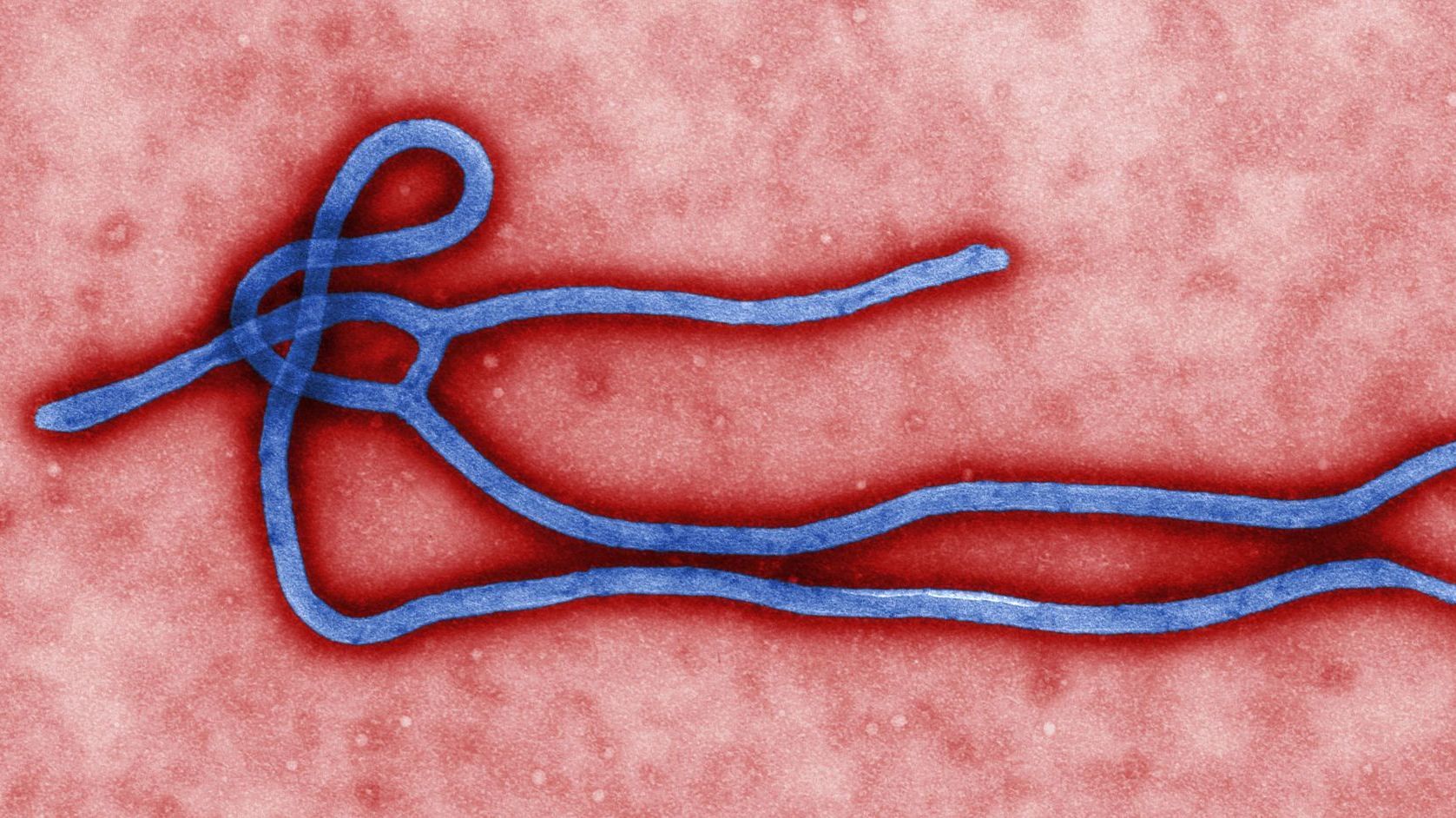Guinea's Anti-Vaxxers Kill People; Ours Simply Let Other Peoples' Children Die of Easily Curable Diseases
 |
| Ebola Virus |
The answer came to me this morning in a painful spark of insight. Guinea is a poor nation with a per capita income of $492 a year, one of the lowest literacy rates in the world, and with 60% of its children receiving no schooling whatsoever. The United States, in comparison has a per capita income of $54,980 a year, a high school graduation rate of 88.15. Fifty-eight percent of Americans have attended some college, and 31% have attained a bachelor's degree or higher. What can we humans expect of a poor nation of semi-illiterate people, when the superpower in which we live is now suffering the worse measles and whooping cough epidemic in two decades. But it is the reason for this turn of events that is most telling. These highly educated parents, whose beliefs mirror that of the Guinean villagers, insist that the vaccines are the cause of disease. Olga Khazan quips in a recent article in The Atlantic, entitled Wealthy L.A. Schools' Vaccination Rates Are as Low as South Sudan's:
It's tempting to suggest . . .these are just concerned, well-meaning parents who, along with forbidding processed food and dragging their offspring to baby yoga, also avoid any medications that aren't strictly "natural." (Of course, vaccines are natural—they're derived from the naturally-occurring pathogen itself.) That kind of thinking ignores the way vaccines work, through herd immunity. A community can only be protected when 92 percent or more of a population is immunized, and many of L.A.'s elementary schools are dipping far below that number. These parents aren't just risking their own kids' health, they're risking everyone's.
Wealth enables these people to hire fringe pediatricians who will coddle their irrational beliefs. But it doesn't entitle them to threaten an entire city's children with terrifying, 19th-century diseases for no reason.Wealthy, college-educated parents have been persuaded by a few popular gurus that vaccinations cause autism. It is a stressful, challenging disorder for any parent to face. But sometimes the level of parental denial can be blinding. Those who blame their childrens' autism on vaccines, need only look at their own family tree. They will invariably have forgotten the uncles, aunts, cousins who grew up long before vaccinations were available, who also displayed autistic symptoms. But this was also long before autism was recognized and diagnosed. Perhaps it is more emotionally comforting to think that the pharmaceutical industry caused this dreadful disorder rather than one's own DNA.
In the meantime, both children and adults do die of measles and whooping cough. I was shocked to learn that the cause of a dear friend's death several years ago were complications from measles. These diseases are not harmless, especially for those with underlying conditions, which sometimes are not even diagnosed until it is too late. According to the Centers for Disease Control, this is how measles works:
About one out of 10 children with measles also gets an ear infection, and up to one out of 20 gets pneumonia. About one out of 1,000 gets encephalitis [a swelling of the brain that can itself be fatal], and one or two out of 1,000 die.
Measles Virus
We humans are given the cognitive skills to seek answers to nature's thorniest questions. That may indeed be the existential role of brains hard-wired with the higher cognitive functions that instills curiosity in us and a yearning to explore the unknown. But also intrinsic to human nature is a default setting that revels in ignorance, as a perceived antidote to fear. If we want to figure out how it strips away all semblance of reason among remote villagers in Guinea, all we need do is see its emotional equivalent at work in America.

Comments